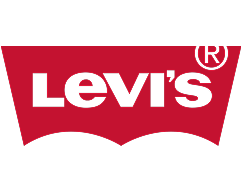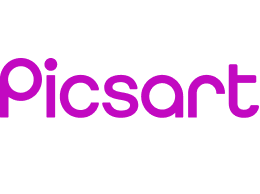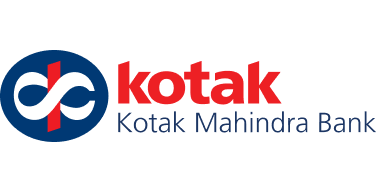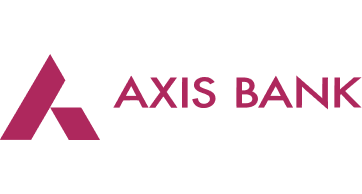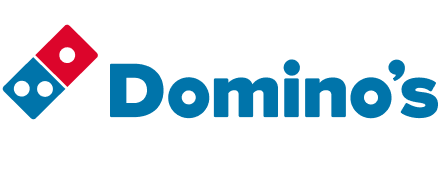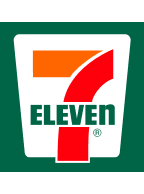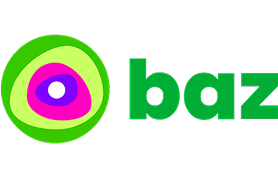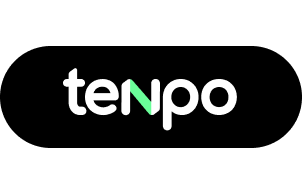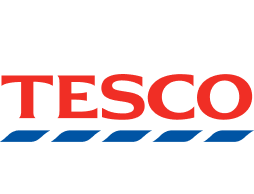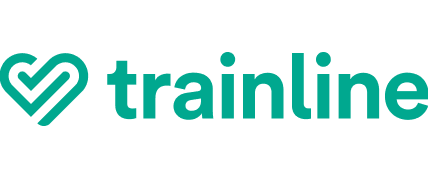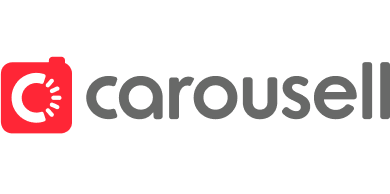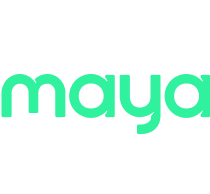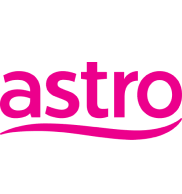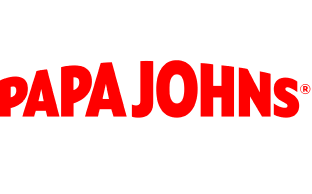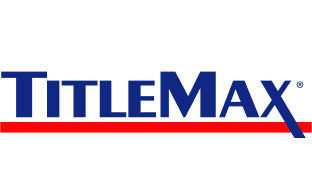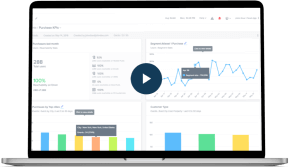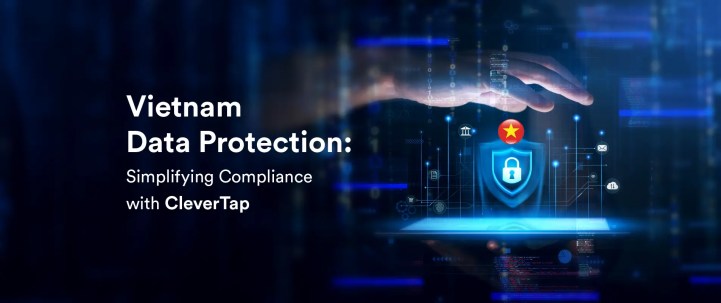With Vietnam’s Decrees 13/2023 and 53/2022 reshaping data protection, privacy, and cybersecurity, businesses face critical compliance challenges. Let’s explore how to stay ahead of these challenges, keeping Vietnam data protection in mind.
As Vietnam continues to strengthen its data privacy and cybersecurity laws, companies operating within its borders must navigate a complex landscape of compliance requirements. Two key pieces of legislation, Decree 13/2023/ND-CP and Decree 53/2022/ND-CP, outline the legal framework for personal data protection and cybersecurity, impacting both domestic and foreign businesses. Let’s take a deeper look at these decrees and how businesses can stay ahead of the curve.
Vietnam’s Decree 13/2023: A Leap Toward Strengthened Personal Data Protection

Effective July 1, 2023, Decree 13/2023 marked a pivotal moment in Vietnam’s data privacy efforts. This decree, inspired by General Data Protection Regulation (GDPR), applies to both domestic and foreign entities processing personal data in the country, making compliance crucial for all businesses operating in Vietnam. The decree introduces stricter regulations around data processing, ensuring that businesses uphold transparency, privacy, and security.
One of the most important provisions of Decree 13 is the clear distinction between Data Controllers, Data Processors, and third parties involved in data handling. Consent is central to this regulation, requiring businesses to obtain explicit, informed consent from individuals before processing their personal data. This not only ensures user rights are respected but also mandates that businesses clearly communicate what data is being collected, the purpose behind its use, and the parties involved in the processing.
Decree 13 also introduces the Personal Data Processing Impact Assessment (PDPIA). Businesses must conduct these assessments prior to any data processing activity to evaluate privacy risks. Another critical aspect of the decree is the requirement for businesses to notify the Ministry of Public Security within 72 hours in the event of a data breach, ensuring swift action to mitigate risks and safeguard user data.
Vietnam’s Decree 53/2022: Clarifying Data Localization and Cybersecurity Enforcement

Vietnam’s Decree 53/2022, effective October 1, 2022, complements Decree 13 by addressing data localization and cybersecurity enforcement. It specifies that certain data types, including personal information and user accounts, must be stored within Vietnam.
Foreign businesses offering services like telecommunications, e-commerce, and online payments are particularly affected, as they must ensure that user data stays within the country’s borders if it involves violating cybersecurity laws.
Key Compliance Measures for Businesses Under Vietnam Data Protection Laws

Navigating Vietnam’s complex data protection laws requires businesses to take proactive steps to ensure compliance with both Decree 13 and Decree 53. These measures include:
Data Minimization: Only Process What’s Necessary
Businesses should focus on collecting only the personal data that is absolutely necessary. Excessive data collection can increase privacy risks and create unnecessary burdens for businesses. By adhering to data minimization principles, companies reduce their exposure to regulatory penalties and enhance user trust.
PII Encryption: Secure Data at Every Stage
The personal data that is collected must also be encrypted at all stages—during transfer, while stored, and in use. Personal Identifiable Information (PII) must be encrypted to ensure strong protection, making it less susceptible to breaches and minimizing the impact of potential data leaks. Strong encryption provides an added layer of security, supporting both compliance and customer trust.
PII Tokenization: Additional Layer of Security
Tokenization, which replaces real data with pseudonyms or tokens, adds an extra layer of security. In the event of a breach, tokenized data remains protected, ensuring that even if data is compromised, it cannot be used maliciously.
Access Control: Limiting Unauthorized Data Access
Robust access control mechanisms are essential for safeguarding sensitive data. This involves implementing stringent protocols for authentication, authorization, and identity management to prevent unauthorized access to PII.
Accreditations: Work with Certified Vendors
Partnering with service providers and technology providers that hold industry-standard certifications like ISO27001, ISO27018, and SOC2 Type 2 ensures that businesses meet established data protection standards. These certifications are a strong indication that vendors follow best practices in data security and privacy.
Leveraging Technology to Meet Vietnam Data Protection Compliance: CleverTap’s Role
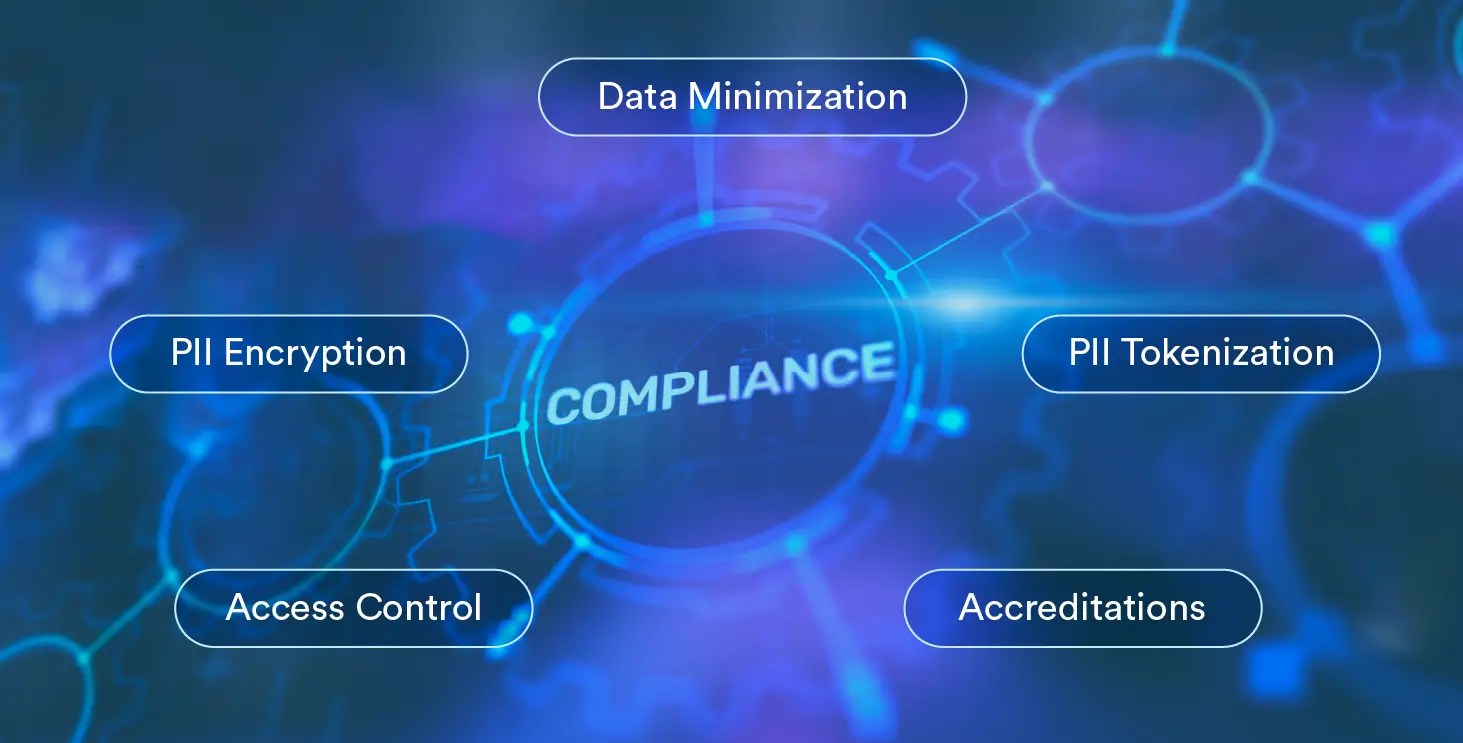
CleverTap empowers businesses to seamlessly meet the stringent compliance requirements of Vietnam’s Decrees 13 and 53. Let’s explore how CleverTap makes navigating these compliance requirements effortless.
Streamlining Data Minimization
CleverTap ensures that personal data processing is minimized by enabling businesses to manage and send only the data strictly required for processing. This aligns with the requirements of both Decrees, reducing risk while enhancing operational efficiency.
Enabling Role-based Access Control
Decree 13 places a heavy emphasis on respecting the rights of data subjects, such as the right of access, right of rectification, the right to erase and more. CleverTap’s APIs and dashboards make it easy for businesses to manage user requests, ensuring compliance with Decree 13 and Decree 53. CleverTap also provides Role-Based Access Control (RBAC), allowing account administrators to assign different levels of access to dashboard users, enhancing data security and compliance.
Handling Cross-Border Data Transfers
Both decrees require companies to conduct Transfer Impact Assessments (TIA) and Data Protection Impact Assessments (DPIA) before engaging in cross-border data transfers. CleverTap supports businesses with assisting its clients in performing these assessments, ensuring smooth and compliant data management across borders.
Data Breach Management
Decree 13 and Decree 53 require businesses to report any data breaches within 72 hours. CleverTap’s breach management process ensures that businesses can report breaches without undue delay, minimizing their impact while maintaining regulatory compliance.
Supporting Data Localization
To meet Vietnam’s data localization requirements, CleverTap enables businesses to store data within the country, even when processing occurs abroad. With our solution, you can perform full data exports at regular intervals and ensure that data is stored at a specified location in Vietnam. This feature makes it easy to achieve compliance with data localization regulations, guaranteeing that your data storage is fully aligned with Vietnam’s legal standards.
Tokenization – The Way Forward
CleverTap is introducing PII (Personally Identifiable Information) tokenization to further enhance the protection of sensitive customer data. Tokenization replaces actual PII values with unique tokens, meaning the real data is never stored on CleverTap’s servers. Instead, it is securely stored in vaults chosen and managed by the customer easily fulfilling any data localization requirements. This adds an extra layer of security by ensuring that sensitive information is protected and isolated from unauthorized access.
While this feature is in development and not yet fully available, it will help businesses comply with Decree 13 and Decree 53 by providing a secure solution for managing and safeguarding personal data.
Conclusion: A Holistic Approach to Vietnam Data Protection and Cyber Security
With the introduction of Decrees 13/2023 and 53/2022, businesses in Vietnam face heightened requirements for data protection and cybersecurity. However, these challenges also present opportunities for businesses to demonstrate their commitment to privacy and security.
By leveraging CleverTap’s comprehensive data privacy tools, companies can navigate Vietnam’s regulatory landscape with confidence, ensuring compliance and building trust with their customers.
CleverTap’s commitment to data privacy and security is embedded in every part of our business and the same is exemplified through our Trust Portal. CleverTap’s Trust Portal is designed to give businesses the assurance that any data we have is safe and secure, and that CleverTap meets or exceeds any and all mandates for data security.
Whether it’s minimizing data collection, managing user rights, or ensuring data localization, CleverTap’s platform offers a one-stop solution to help businesses stay compliant while safeguarding their customers’ data.
Excited to learn more? Talk to us.
Angel Indzhov 
Angel Indzhov is a cybersecurity leader with 15 years of experience. He holds certifications like CISSP, CCSK, CIPM, and CIPP/E, driving security and privacy success.
Free Customer Engagement Guides
Join our newsletter for actionable tips and proven strategies to grow your business and engage your customers.





